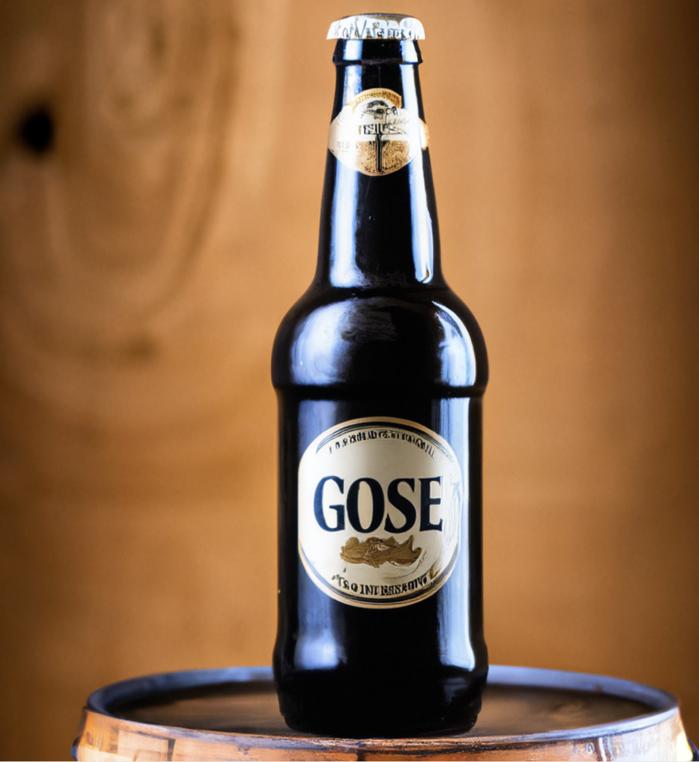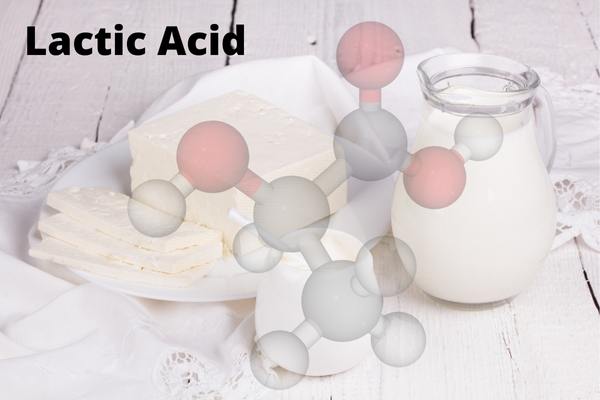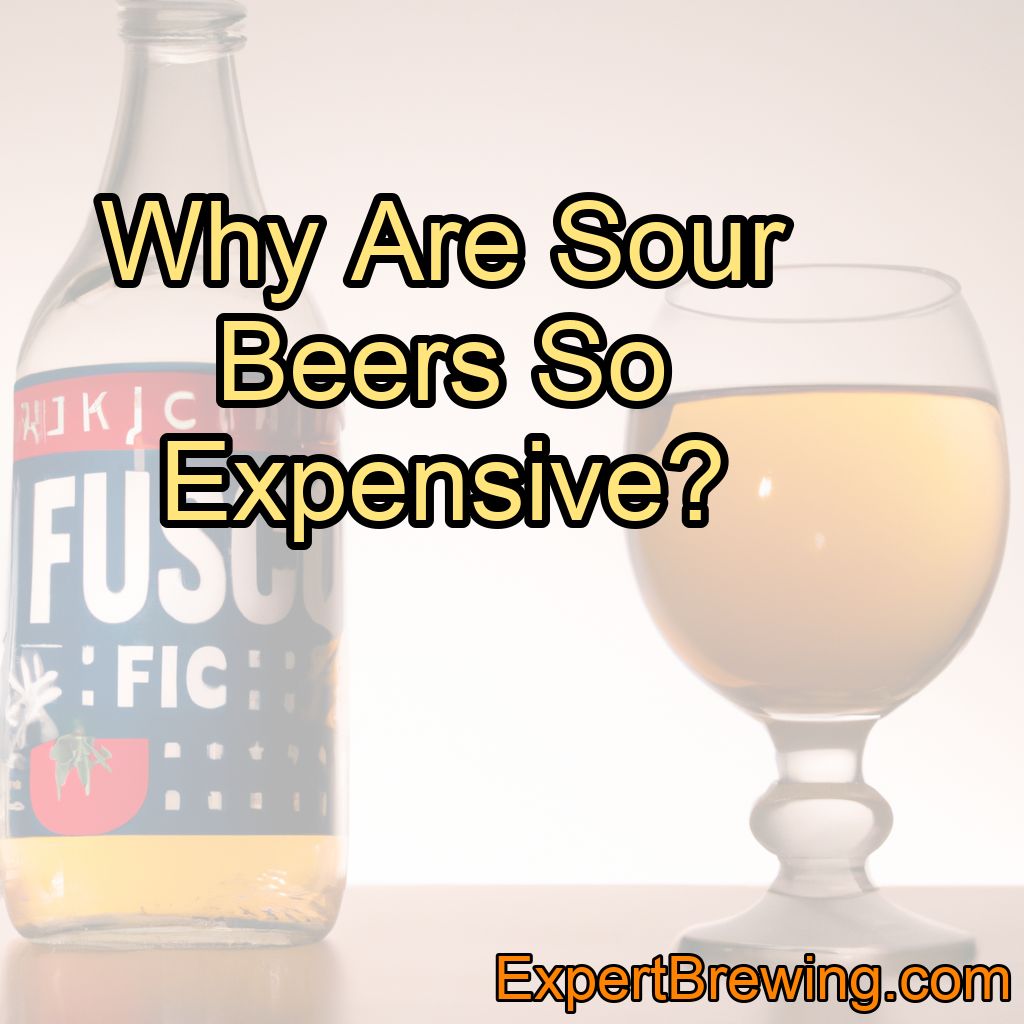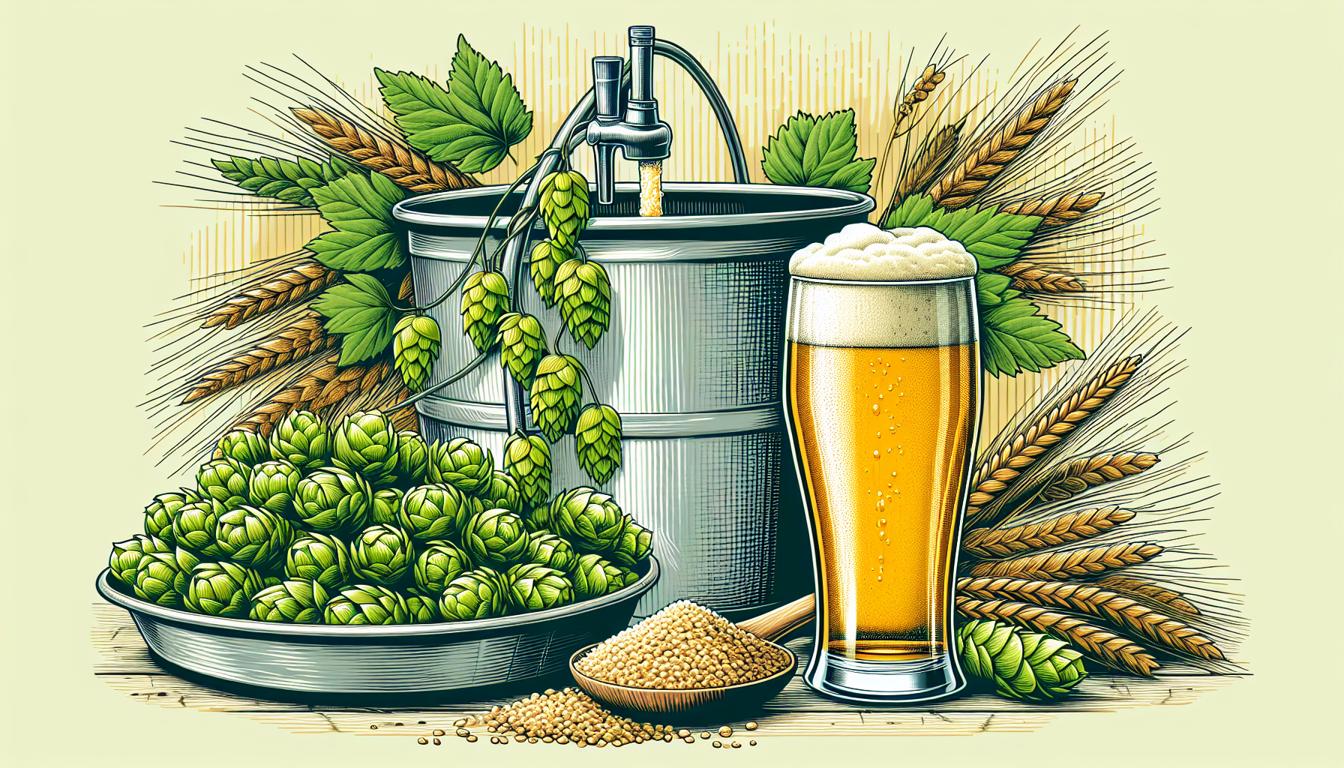Introduction: The Rising Popularity of Sour Beers
In recent years, the craft beer scene has exploded with a wide range of styles and flavors, and among them, sour beers have gained a devoted following.
These tart, funky, and sometimes fruity brews are a far cry from the hoppy IPAs and malty stouts that have dominated the market for so long.
But as the popularity of sour beers has grown, so has the price tag, leading many craft beer enthusiasts to wonder: why are sour beers so expensive?
Well, mostly because they have a higher failure rate due to the somewhat less controllable fermentation but they are also expensive simply because they need aging for around 3 years contrary to most ordinary beers that need no aging at all.
Therefore, compared to ordinary beer that can be done in around 3 weeks, sour beer takes approximately 52 times longer to make with a conditioning time of around 3 years for some styles!
Sour Beers – how they came to be
Before diving into the factors that contribute to the cost of sour beers, it’s worth taking a moment to explore their history.

While sour beers may seem like a relatively new trend, they have been around for centuries. In fact, some of the earliest beers ever produced were likely sour, thanks to the spontaneous fermentation that occurs when wild yeast and bacteria interact with the sugars in the brewing process.
Traditional Belgian styles like lambics and gueuzes are perhaps the most well-known examples of sour beers, with the former dating back to the 16th century. These beers are fermented and aged in wooden barrels, allowing them to develop their characteristic sourness and complexity over time.
Factors Contributing to the Cost of Sour Beers
Now that we have a better understanding of the history and background of sour beers, let’s dive into the factors that contribute to their higher price point.
1. Time-Intensive Production Process
One of the primary reasons sour beers are more expensive is the time required to produce them. While many beer styles can be brewed and packaged within a matter of weeks, sour beers usually require months or even years to reach their full potential.
This extended aging process ties up valuable space and resources, which can drive up the cost of production.
Barrel-Aging
Many sour beers are aged in wooden barrels, which not only adds to the flavor profile but also contributes to the cost.
Barrels can be expensive to purchase and maintain, and they take up valuable space in a brewery.
Additionally, the aging process in barrels can be unpredictable, with some beers taking longer than expected to reach the desired flavor profile.
2. Specialized Ingredients
Another factor that contributes to the cost of sour beers is the use of specialized ingredients. While many traditional beer styles rely on a simple combination of malt, hops, yeast, and water, sour beers often incorporate additional ingredients to achieve their unique flavors and characteristics.
Fruit and Specialty Sugars
Many sour beers are brewed with fruit or specialty sugars to enhance their flavor profile. These ingredients can be costly, especially if they are sourced from local or organic producers. In some cases, the fruit is hand-picked and processed by the brewers themselves, adding to the labor and cost of production.
3. Labor-Intensive Process
The production of sour beers often requires a greater amount of labor than traditional beer styles. From the time-consuming process of barrel-aging to the careful blending of different batches to achieve the desired flavor profile, sour beer production can be a labor of love for brewers.
Blending
The art of blending is an essential aspect of sour beer production, as it allows brewers to create a consistent product from multiple batches that may have varying levels of sourness and complexity. This process requires a skilled palate and a deep understanding of the nuances of each beer, making it a time-consuming and labor-intensive endeavor.
4. Limited Demand and Small Batch Sizes
Another factor that contributes to the cost of sour beers is the limited demand for these unique brews. While the popularity of sour beers is growing, they still represent a relatively small segment of the craft beer market.
As a result, many breweries produce sour beers in small batches, which can drive up the cost per bottle.
5. Risk of Contamination
Finally, the production of sour beers carries a higher risk of contamination compared to other beer styles.

Because sour beers rely on wild yeast and bacteria to achieve their unique flavors, there is a greater likelihood that unwanted organisms can spoil the batch.
This risk means that brewers need to take extra precautions during the brewing process, which can add to the cost of production.
Conclusion: The High Cost of Sour Beers is Worth It
While sour beers may be more expensive than their traditional counterparts, the unique flavors, time-consuming production process, and specialized ingredients make them worth the investment for many craft beer enthusiasts.
Some sours are cheaper due to production scale or shorter aging time, but can you really taste the difference? Check out the verdict in the video below:
To recap, here are ten key factors that contribute to the cost of sour beers:
1. Time-intensive production process
2. Barrel-aging
3. Specialized ingredients
4. Fruit and specialty sugars
5. Labor-intensive process
6. Blending
7. Limited demand and small batch sizes
8. Risk of contamination
9. Extra precautions during brewing
10. The passion and dedication of the brewers
Ultimately, the price of sour beers reflects the care, craftsmanship, and innovation that goes into creating these unique and complex brews. So next time you find yourself questioning the cost of your favorite sour beer, remember that you’re not just paying for the liquid in the bottle – you’re also supporting the art and science of brewing.
FAQs
What do sour beers taste like?
Sour beers have a tart and acidic taste, often described as similar to sour candies or citrus fruits. They may also have fruity or funky flavors from the bacteria and yeast used in fermentation.
Are sour beers better for you?
There is no evidence to suggest that sour beers are inherently better for you than other types of beer. However, they may offer some health benefits due to their higher acidity and lower alcohol content, which can aid in digestion and reduce the risk of overconsumption. As with all alcoholic beverages, moderation is key to maintaining a healthy lifestyle.
Are sour beers lower calorie?
Sour beers are not necessarily lower in calories than other types of beer. The calorie content of a beer is primarily determined by its alcohol content and the amount of carbohydrates it contains. Some sour beers may have a lower alcohol content and fewer carbohydrates, which could result in a lower calorie count, but this is not a universal characteristic of sour beers.
Who drinks sour beers?
Sour beers are enjoyed by a diverse group of beer enthusiasts, including those who appreciate complex and tart flavors, as well as those who enjoy experimenting with different beer styles.
Why do people like sour beers?
People like sour beers because they offer a unique and complex flavor profile that is different from traditional beer styles. The sourness comes from the use of certain bacteria and yeasts during the brewing process, which can create a tart, acidic, or funky taste. This flavor can be refreshing and satisfying to some beer drinkers, and can pair well with a variety of foods. Additionally, the growing popularity of sour beers has led to a wider variety of styles and flavors to choose from, making it an exciting category for beer enthusiasts to explore.
Are sour beers an acquired taste?
Yes, sour beers are generally considered an acquired taste due to their tart and acidic flavor profile. However, with exposure and experimentation, many beer drinkers come to appreciate and enjoy the unique flavors of sour beers.




